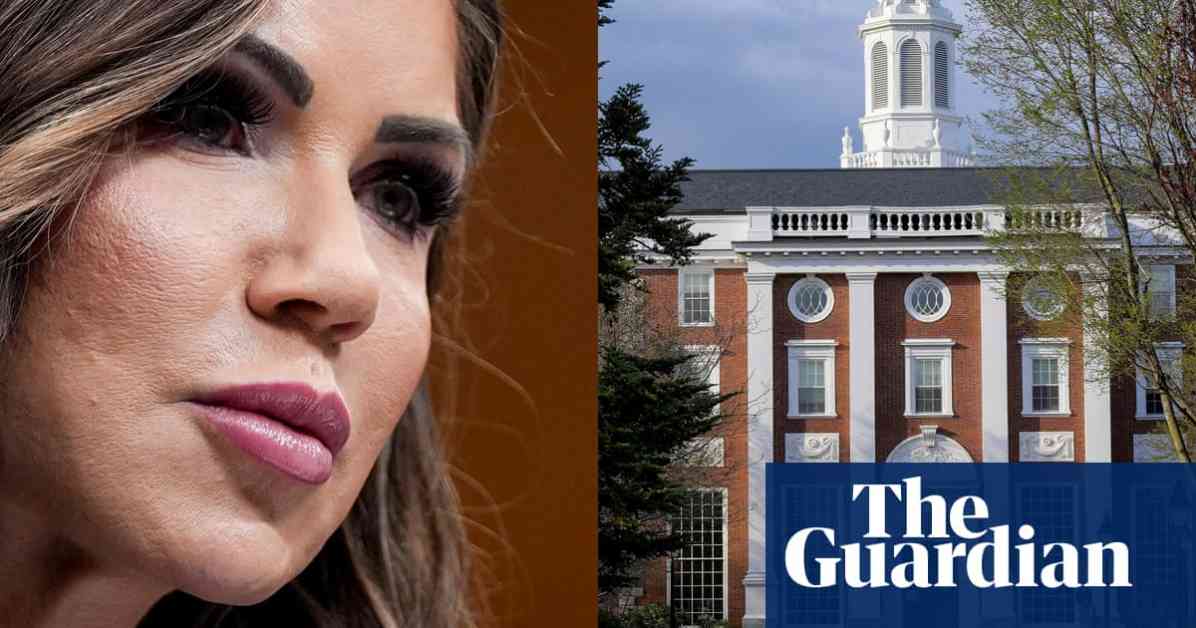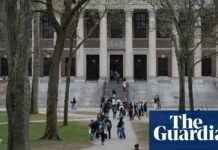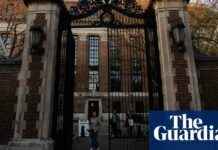The Trump administration has decided to halt Harvard University’s enrollment of international students, causing existing international students at the university to transfer or risk losing their legal status. The decision was communicated to Harvard after ongoing discussions about a records request, according to sources familiar with the matter.
Government officials are conducting an investigation into the university’s international student admissions, leading to the revocation of Harvard’s Student and Exchange Visitor Program certification. Homeland security secretary, Kristi Noem, posted the letter on X, formerly known as Twitter, stating that Harvard is prohibited from having any aliens on F- or J-nonimmigrant status for the upcoming academic year. Existing international students must transfer to another university to maintain their legal status.
Noem defended the decision by citing Harvard’s failure to comply with reporting requirements and accused the university of fostering violence, antisemitism, and collaborating with the Chinese Communist party on its campus. The Department of Homeland Security supported Noem’s actions, emphasizing the need to protect students and prevent terrorist sympathizers from benefitting from the US government. Harvard spokesperson denounced the government’s move as unlawful, expressing concerns about the impact on the university’s community and academic mission.
Pippa Norris, a lecturer at Harvard, criticized the decision, highlighting the potential consequences of limiting international knowledge for American students and weakening the country’s soft power. She raised concerns about the implications for teaching and student diversity at the university. International student Leo Gerdén described the announcement as devastating, urging Harvard to use all available resources to challenge the decision.
The university currently hosts a significant number of international students, making up a substantial portion of the student population. The latest action by the homeland security department follows previous tensions between Harvard and the Trump administration over allegations of inadequate responses to antisemitism on campus. The administration’s measures, including funding cuts and demands for policy changes, have sparked legal battles between Harvard and the government.
Harvard president, Alan Garber, defended the university’s independence and constitutional rights, rejecting government interference in academic affairs. The ongoing dispute raises questions about the future of international students’ applications to American universities and the impact on higher education in the country. Norris highlighted potential benefits for other academic institutions as a result of the restrictions imposed on Harvard. The situation underscores the challenges facing universities in maintaining academic freedom and diversity in a politically charged environment.







